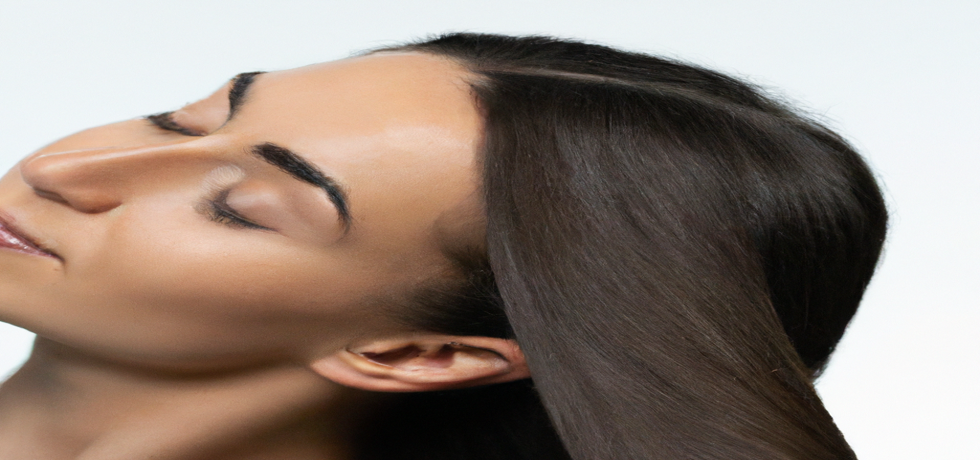
Hair Transplant FAQs: Everything Women Need to Know
Introduction to Hair Transplantation
Hair loss can be a distressing experience for many women, impacting self-esteem and confidence. Fortunately, hair transplant procedures have emerged as an effective solution. This blog will address the frequently asked questions concerning hair transplants, specifically tailored for women. Whether you’re experiencing thinning hair or bald spots, understanding the hair transplant process is essential before making a decision.
Understanding Hair Loss in Women
Women typically experience hair loss differently than men. While men may have receding hairlines, women often notice thinning hair across the scalp or bald patches. Daily shedding of 50-100 strands is considered normal, but factors such as hormonal changes, stress, and environmental pollution can exacerbate hair loss. If you are finding that your hair not only sheds but fails to grow back, consulting a hair restoration specialist is a savvy step.
Qualifications for Hair Transplantation
So, how do you know if you qualify for a hair transplant? An ideal candidate has healthy hair on the sides and back of the head, where grafts are typically harvested. Conditions like pronounced bald spots, excessive thinning, or hair loss due to cosmetic procedures can make you a suitable candidate. Even those looking for thicker eyebrows can benefit from hair transplant options.
The Hair Transplant Procedure
Hair transplantation involves various techniques including Follicular Unit Transplantation (FUT) and Follicular Unit Extraction (FUE). In general, grafts are harvested from areas with denser hair and are implanted into the recipient sites. This meticulous process allows for a natural hairline, and the best part is that the donor area will heal over time and often appears like nothing happened.
Post-Surgical Experience
After undergoing a hair transplant, many women can return to work within a couple of days. However, it’s recommended to avoid strenuous activities for about a week. Expect some scabbing at the site, along with mild itching and pain, but these symptoms typically resolve within a week or two. Regular follow-ups with your specialist will help ensure optimal recovery and hair growth.
Expected Results from the Procedure
Results from a hair transplant vary based on individual circumstances like the extent of hair loss and donor hair density. Generally speaking, while transplanted hair may shed initially, new growth often appears within three months. Most women find that their transplanted hair continues to grow naturally, providing them with the beautiful hair they’ve always desired.
Complications and Pain Management
Like any surgical procedure, hair transplantation comes with risks, though they are rare. Possible complications include bleeding and infection, but these can usually be managed with proper care. Patients often wonder if the procedure is painful: local anesthesia is administered, so discomfort during the surgery is minimal compared to the mild pain that may accompany recovery, which can be alleviated with prescribed medications.
Resuming Activities
Wondering when you can get back to your favorite activities like swimming or exercising? Generally, its advisable to wait about a week before resuming these activities. The good news is that your transplanted hair is permanent, allowing you to treat it just like your natural hair once it’s healed.
Final Thoughts and Next Steps
For anyone contemplating hair transplantation, seeking professional advice tailored to your unique situation is vital. Regular follow-ups and open conversations with your specialist about growth concerns will ensure you have a successful experience. Hair transplants can be life-changing, giving you the hair you desire for years to come.
Frequently Asked Questions
Will my transplanted hair fall out?
While it’s normal for the transplanted hair to shed initially, the new hair that grows in its place is permanent.
While it’s normal for the transplanted hair to shed initially, the new hair that grows in its place is permanent.
How many sessions will I need?
This largely depends on the extent of your hair loss. Multiple sessions may be planned to achieve desired results.
For professional assistance and expert advice from leading dermatologists like Dr. Hital Patel, experience the benefits of hair transplantation with Hair & Skin Specialist Dr. Hital Patel at The Skin Artistry. Our clinics in PDPU Gandhinagar, Vastrapur Ahmedabad and Hyderabad (Visiting Consultant) offer top-quality care and personalized treatments. Visit us today to learn more about our services and take advantage of our special offers! For more insights, updates, or to collaborate, stay connected with The Skin Artistry.

